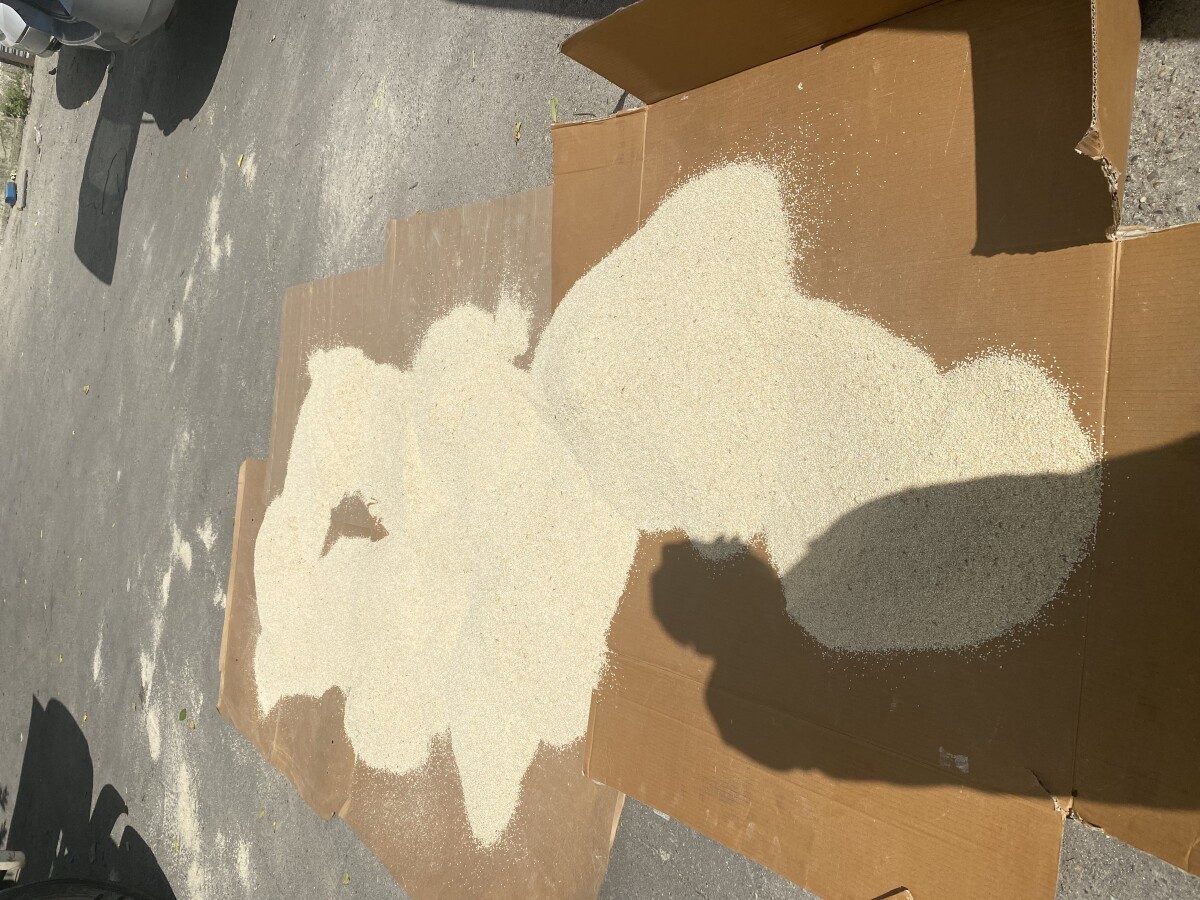The PHAC is collaborating with provincial public health partners to investigate an outbreak of Salmonella infections linked to snakes and feeder rodents. As of April 13, 2023, there are 45 confirmed cases of Salmonella illness reported in this outbreak in the following provinces: British Columbia (1), Alberta
…
(5), Saskatchewan (1), Manitoba (3), Ontario (22), Quebec (11), New Brunswick (1) and Newfoundland and Labrador (1). 9 individuals have been hospitalized. 1 person has died and provincial public health partners have confirmed that Salmonella was the cause of death. Individuals became sick between February 2022 and March 2023.
Many of the individuals who became sick reported having direct or indirect contact with snakes and feeder rodents (used as reptile food) before their illnesses occurred. The collaborative outbreak investigation was initiated this spring because of an increase in reports of Salmonella illnesses in multiple jurisdictions across Canada. Using a laboratory method called whole genome sequencing, some Salmonella illnesses dating back to 2022 were determined to have the same genetic type as the illnesses that occurred in 2023. The investigation is ongoing.
Reptiles and rodents can carry Salmonella. You can get sick with Salmonella by touching reptiles and rodents, their food, and their environments and then touching your face, eyes, or mouth without washing your hands. The PHAC advises the following tips to prevent the direct or indirect spread of Salmonella to others:
- Always wash your hands immediately after touching a reptile or rodent, and anything they eat, or after being in the area where they live, play or touch.
- Regularly clean any surfaces or objects your reptile or rodent touches with soapy water followed by a household sanitizer.
- Never kiss a pet rodent or reptile.
- Do not keep reptiles or rodents in homes, daycare centers, schools, or other facilities with children aged 5 years and under.
- Always supervise children when they touch or play with reptiles or rodents. Do not let them put reptiles and rodents or their supplies near their face or share their food or drinks with pets. Make sure they thoroughly wash their hands after touching reptiles or rodents. Children 5 years and under should not handle reptiles or rodents.
- Do not clean or bathe reptiles or rodents in the kitchen sink, bathroom sinks, or bathtubs.
- Do not keep food used for reptiles or rodents in the kitchen or any room where people eat or drink.
- Keep reptiles and rodents and all their food, containers, enclosures, and any objects that have been in their enclosures, such as plants or enrichment items, away from the kitchen and other places where food is made or eaten.
- Do not keep frozen rodents in the same fridge or freezer as human food.
- Freezing rodents does not kill Salmonella
- Always defrost and prepare frozen rodents outside the kitchen, using dedicated utensils and containers.
- Be aware of the specific needs of your reptile. Stress for a reptile can increase the shedding of Salmonella.
- Always keep reptiles and live rodents in habitats specifically designed for them.
- If you choose to have a reptile or rodent in your home, talk to your health care provider or veterinarian about the right reptile or rodent for your family, especially if your family includes children 5 years and younger, pregnant people, immunocompromised individuals, or adults 65 years of age and over.
In case you are experiencing Salmonella symptoms such as diarrhea, abdominal cramps, and fever, it is important to report it. It can help to detect & resolve outbreaks early and prevent others from being harmed, and it enables better surveillance. If symptoms persist, seek medical care.
Source:
www.canada.ca










